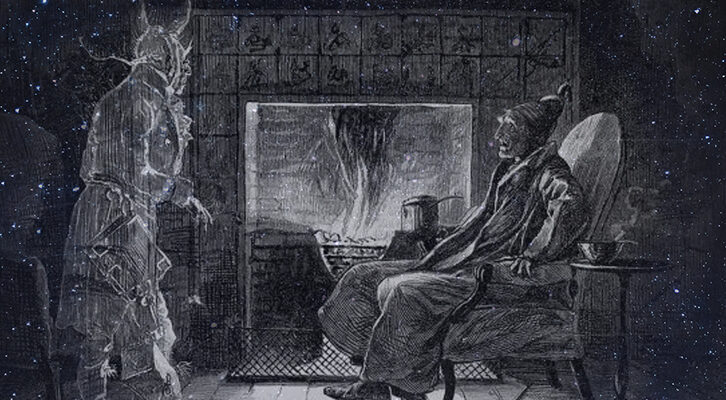Ayad Akhtar on Finding a Voice to Address the American ‘Us’
From Beyond the Page: The Best of the
Sun Valley Writers' Conference
Welcome to Beyond the Page: The Best of the Sun Valley Writers’ Conference. Over the past 25 years, SVWC has become the gold standard of American literary festivals, bringing together contemporary writing’s brightest stars for their view of the world through a literary lens. Every month, Beyond the Page curates and distills the best talks from the past quarter century at the Writers’ Conference, giving you a front row seat on the kind of knowledge, inspiration, laughter, and meaning that Sun Valley is known for.
In this episode of Beyond the Page, host John Burnham Schwartz talks with Ayad Akhtar, the new president of PEN America and author of Homeland Elegies, about the uncanny experience of writing his latest novel.
*
From the interview:
John Burnham Schwartz: I could sit here and start describing this novel, which is very boldly structured. It has a kind of Rothian hutzpah to it in terms of how it tackles this question of American experience and of otherness in this country. But I would rather hear you describe how you see the book.
Ayad Akhtar: I had been—I think we all had been—through a lot in the last few years, especially politically, but not only. I also had the misfortune of my mom passing away and a beloved mentor of mine, and my father was showing signs of pretty significant decline. All of that combined with what was happening in America. I was in a certain mental state, a mental and emotional state. And I read a poem by Leopardi’s from 200 years ago. It’s the first of his Canti, and it’s called “To Italy,” and he’s addressing the Italian people. He’s addressing his fellow citizens, his fellow countrymen. A question that sort of ignited in me was, would it be possible to address my fellow Americans? Could I today find a voice that would reconstitute the us, if for no other duration than just the duration of anybody who read these pages?
And almost immediately, John, it was really shocking. It was really the next day. I got up and there was a voice that was speaking. It was speaking the overture of the book, the very opening, the first four pages, which are in essence, really, the entirety. Holographically, it’s the entirety of the argument of the book. And all of the major personalities of the book, or at least most of them. That kind of poured out of me. I’ve had some pretty amazing creative experiences in my life, surprising explosions and eruptions, but this was by far the most extraordinary. I mean, it was just bizarre. I would write for two weeks. I would have language that I didn’t even know I had. I would have scenes. It was almost effortless, except in the sense that it required stamina to just keep going.
Two weeks, I would stop. I would be exhausted. I would think it had gone. And then it would suddenly reappear. And then I would go for another two weeks or three weeks, and then it would stop. This lasted about eleven months. The funny thing about it, it’s an organic structure in the sense that it doesn’t present you with an obvious story from the get-go. You’re really immersed in the confusion between truth and fiction and the narrator’s various narrative threads that he is narrating to you. So all of that stuff, believe it or not, I mean, I was surprised as I got to the middle and then got to the end that there was as much coherence to the book as there was. In a way, it just spoke to maybe the coherency of what I had been thinking about for the last ten years.
To listen to more of Roger Wilkins and other talks from the Sun Valley Writers’ Conference, subscribe now on iTunes, Spotify, Stitcher, or wherever else you find your podcasts!
________________________________
Ayad Akhtar is a screenwriter, playwright, actor, and novelist. He is the author of the novel American Dervish and was nominated for a 2006 Independent Spirit Award for best screenplay for the film The War Within. His plays include Disgraced, recipient of the 2013 Pulitzer Prize for Drama; The Who & The What and The Invisible Hand, both of which received Off-Broadway runs and are being produced around the world; and Junk, produced at Lincoln Center in 2017 He lives in New York City.




















